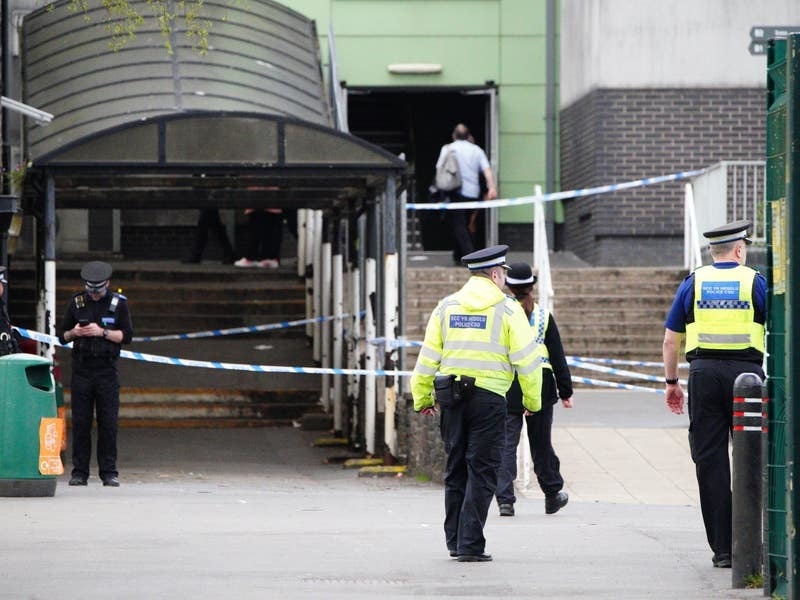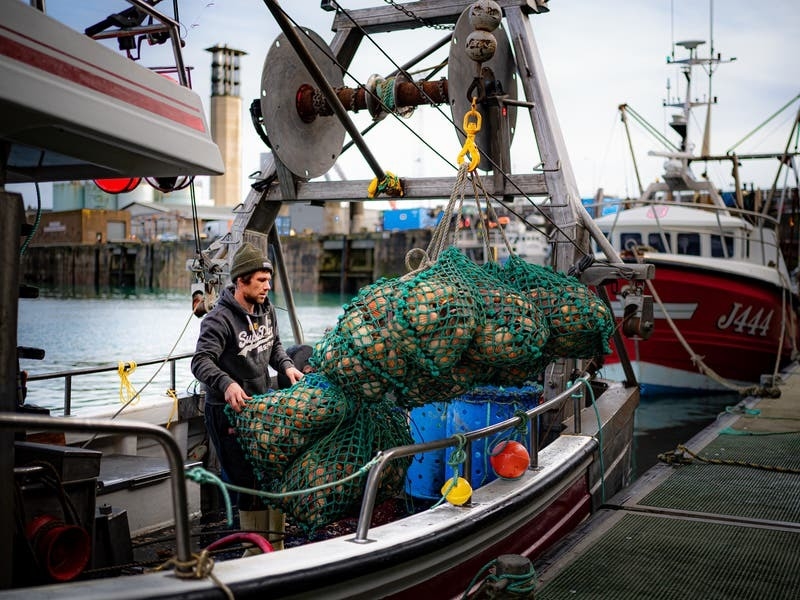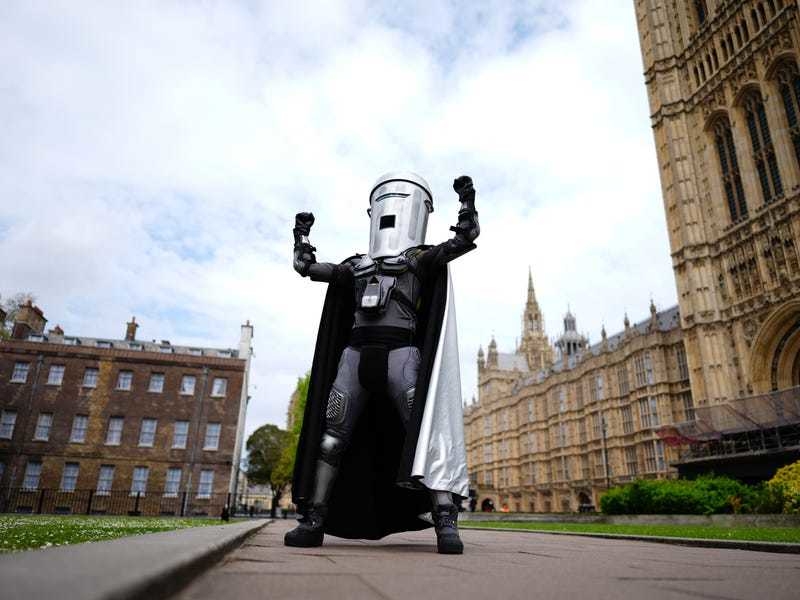As many as 2,000 of Brazil’s indigenous people have marched through the capital to protest against a governmental assault on their rights and lands.
Every April, members of Brazil’s indigenous groups descend on Brasilia to press their concerns in the halls of power.
But leaders say their situation has become more precarious since President Michel Temer took office in 2016 and began instituting what they call a systematic rollback of indigenous rights and protections.
During this year’s week-long Free Land Encampment, indigenous groups have focused their anger on a rule adopted in July under which authorities can only designate lands as belonging to indigenous people if they were occupied in 1988, the year Brazil’s constitution was adopted.

The rule will make the recognition of new indigenous lands virtually impossible, activists say, and could even be used to claw back already designated land.
That could open the lands up to logging, grazing and other business interests and could have serious implications for Brazil’s ability to protect its environment and stem deforestation.
On Thursday, indigenous people — many wearing feathered headdresses or face and body paint — walked through central Brasilia.

Others painted one lane of a central thoroughfare red, calling the mark a “trail of blood” and saying it represented violence against indigenous people.
“Never, in the past 30 years, has the Brazilian state opted for a relationship so completely adverse to the rights of indigenous people,” the Coalition of Indigenous People of Brazil said.

The rule change was backed by Congress’ so-called “rural caucus” — a group of lawmakers representing the interests of rural landowners who have been allies of Mr Temer in Congress.
The group typically argues for more land to be opened up to economic activity, saying that’s the only way to bring development and jobs to remote areas of Brazil.
Last month, the public prosecutor’s office requested that the rule be dropped, saying it violated rights guaranteed in the constitution.






